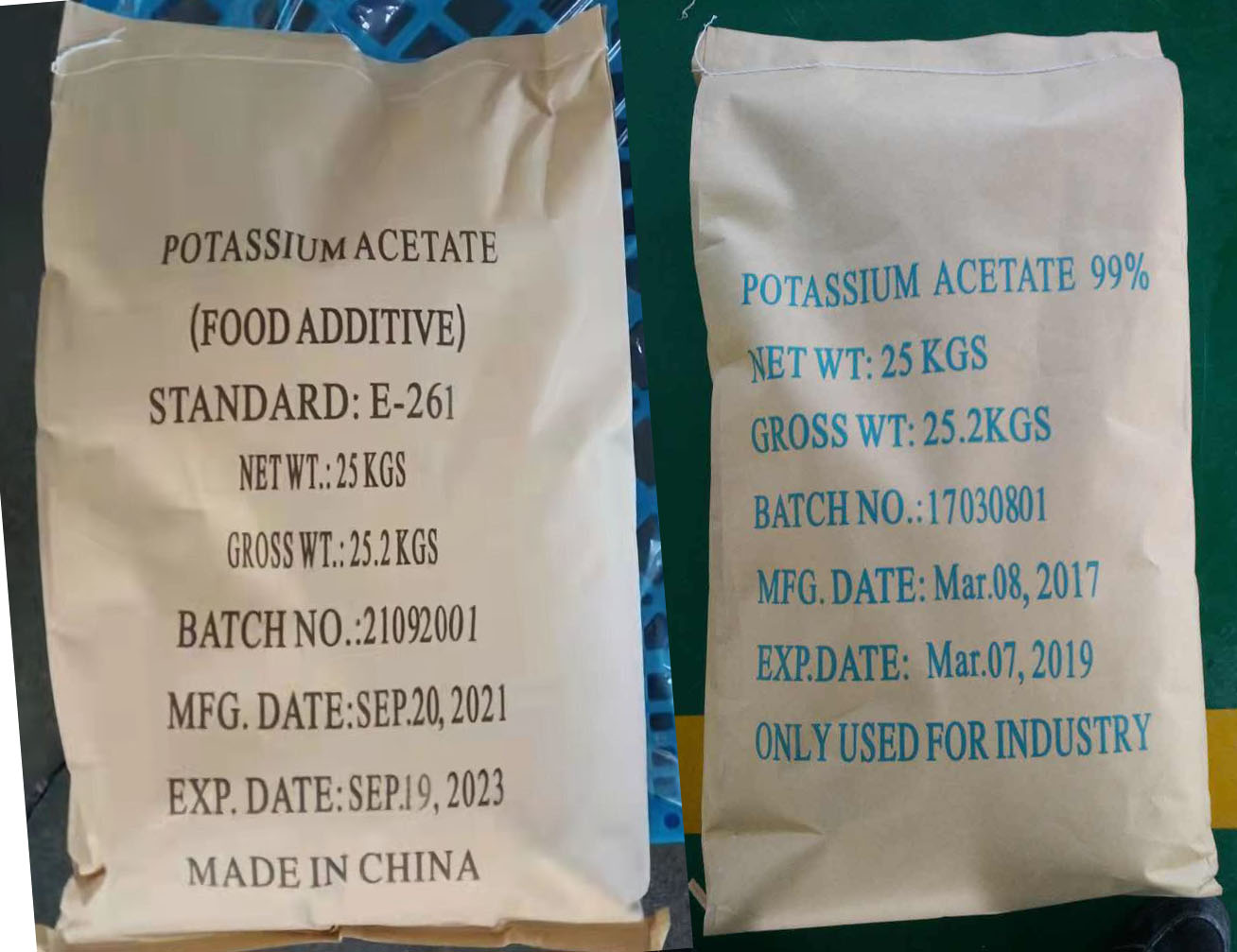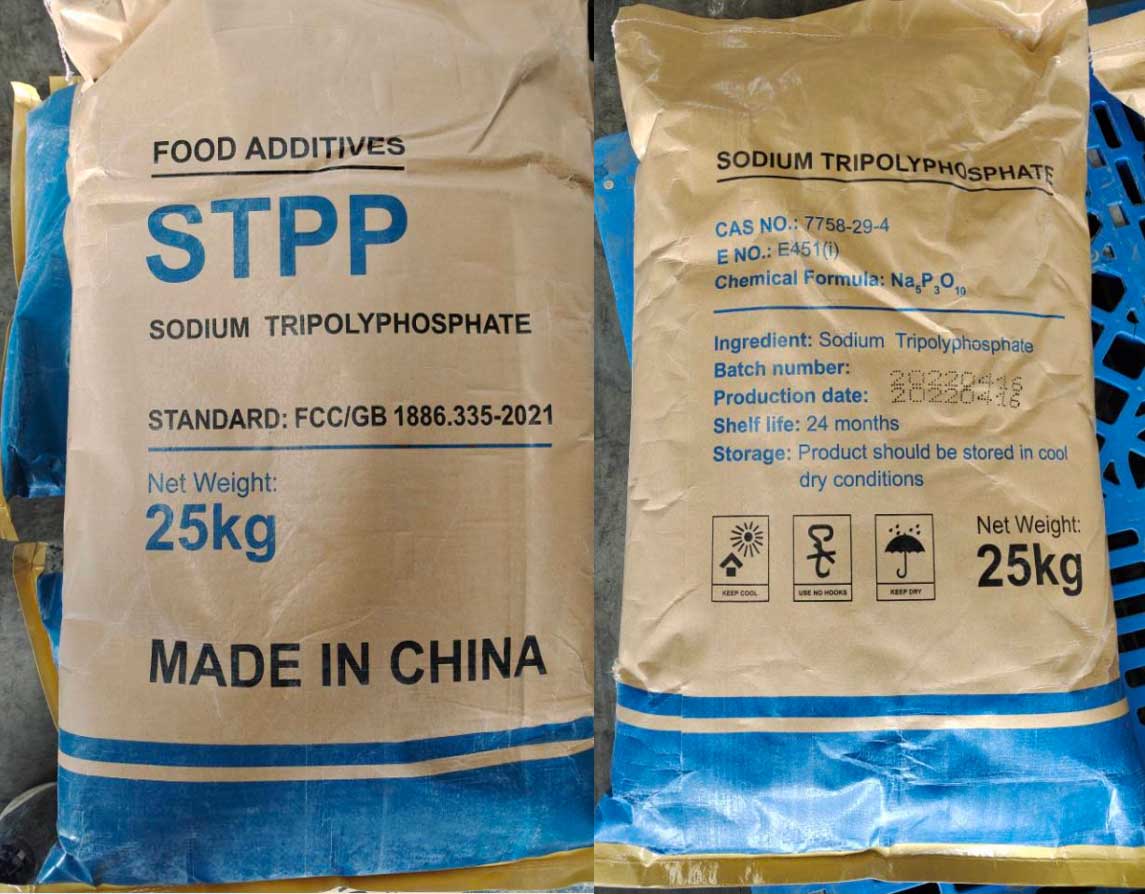Introduction
Magnesium citrate is a versatile compound that has found significant applications in both the food and pharmaceutical industries. This article aims to provide a comprehensive overview of magnesium citrate, including its chemical properties, benefits, and uses in various products. By the end, you will have a solid understanding of why magnesium citrate is a crucial ingredient in many formulations.
Chemical Properties of Magnesium Citrate
Magnesium citrate is a salt formed by the reaction of magnesium and citric acid. It is a white, crystalline powder that is highly soluble in water. The chemical formula for magnesium citrate is C12H10Mg3O14, and it has a molecular weight of 414.37 g/mol. This compound is hygroscopic, meaning it can absorb moisture from the air, which makes proper storage essential to maintain its quality.
Benefits of Magnesium Citrate
1. Magnesium Supplement:
- Nutritional Value: Magnesium is an essential mineral that plays a vital role in over 300 enzymatic reactions in the body. It is involved in energy production, protein synthesis, muscle and nerve function, and bone health.
- Bioavailability: Magnesium citrate is one of the most bioavailable forms of magnesium. When ingested, it is readily absorbed by the body, making it an effective supplement for those with magnesium deficiencies.
2. Laxative Effect:
- Mechanism of Action: Magnesium citrate acts as an osmotic laxative. When taken orally, it draws water into the intestines, softening the stool and promoting bowel movements. This property makes it a popular choice for treating constipation and preparing the bowel for medical procedures such as colonoscopies.
3. pH Regulation:
- Alkalizing Agent: Magnesium citrate has a slightly alkaline nature, which can help balance the pH levels in the body. This is particularly beneficial for individuals who suffer from conditions like acid reflux or metabolic acidosis.
Applications in the Food Industry
1. Nutritional Fortification:
- Food Enrichment: Magnesium citrate is often used to fortify foods and beverages, ensuring that they provide a sufficient amount of this essential mineral. It is commonly added to breakfast cereals, energy bars, and sports drinks.
- Regulatory Compliance: Many countries have regulations that require certain foods to be fortified with specific nutrients. Magnesium citrate helps manufacturers meet these requirements while maintaining the taste and texture of their products.
2. Flavor Enhancer:
- Taste and Texture: In addition to its nutritional benefits, magnesium citrate can enhance the flavor and texture of foods. It is sometimes used in baking to improve the crumb structure of bread and cakes, and in dairy products to enhance the creamy texture.
3. Preservative:
- Antimicrobial Properties: Magnesium citrate has natural antimicrobial properties, which make it useful as a preservative in certain food products. It can inhibit the growth of bacteria and fungi, extending the shelf life of foods and ensuring their safety for consumption.
Applications in the Pharmaceutical Industry
1. Over-the-Counter Medications:
- Laxatives: Magnesium citrate is a common ingredient in over-the-counter (OTC) laxatives. These products are widely used to relieve occasional constipation and to prepare the bowel for medical procedures.
- Magnesium Supplements: It is also available as a standalone supplement, either in tablet or powder form, for individuals looking to increase their magnesium intake.
2. Prescription Medications:
- Chronic Conditions: In some cases, magnesium citrate is prescribed for the management of chronic conditions such as kidney stones and hypomagnesemia (low magnesium levels in the blood). It can help prevent the formation of calcium oxalate stones and replenish magnesium levels in patients with deficiencies.
- Adjunct Therapy: Magnesium citrate is sometimes used as an adjunct therapy in the treatment of hypertension, heart disease, and diabetes. It can help lower blood pressure, improve insulin sensitivity, and reduce the risk of cardiovascular events.
3. Topical Applications:
- Skin Care: Magnesium citrate can be used in topical creams and lotions for its anti-inflammatory and soothing properties. It is particularly effective in treating skin conditions like eczema and psoriasis.
- Wound Healing: In wound care, magnesium citrate can promote healing by reducing inflammation and improving tissue regeneration. It is often included in ointments and dressings used for burns and ulcers.
Safety and Side Effects
Magnesium citrate is generally safe when used as directed.




